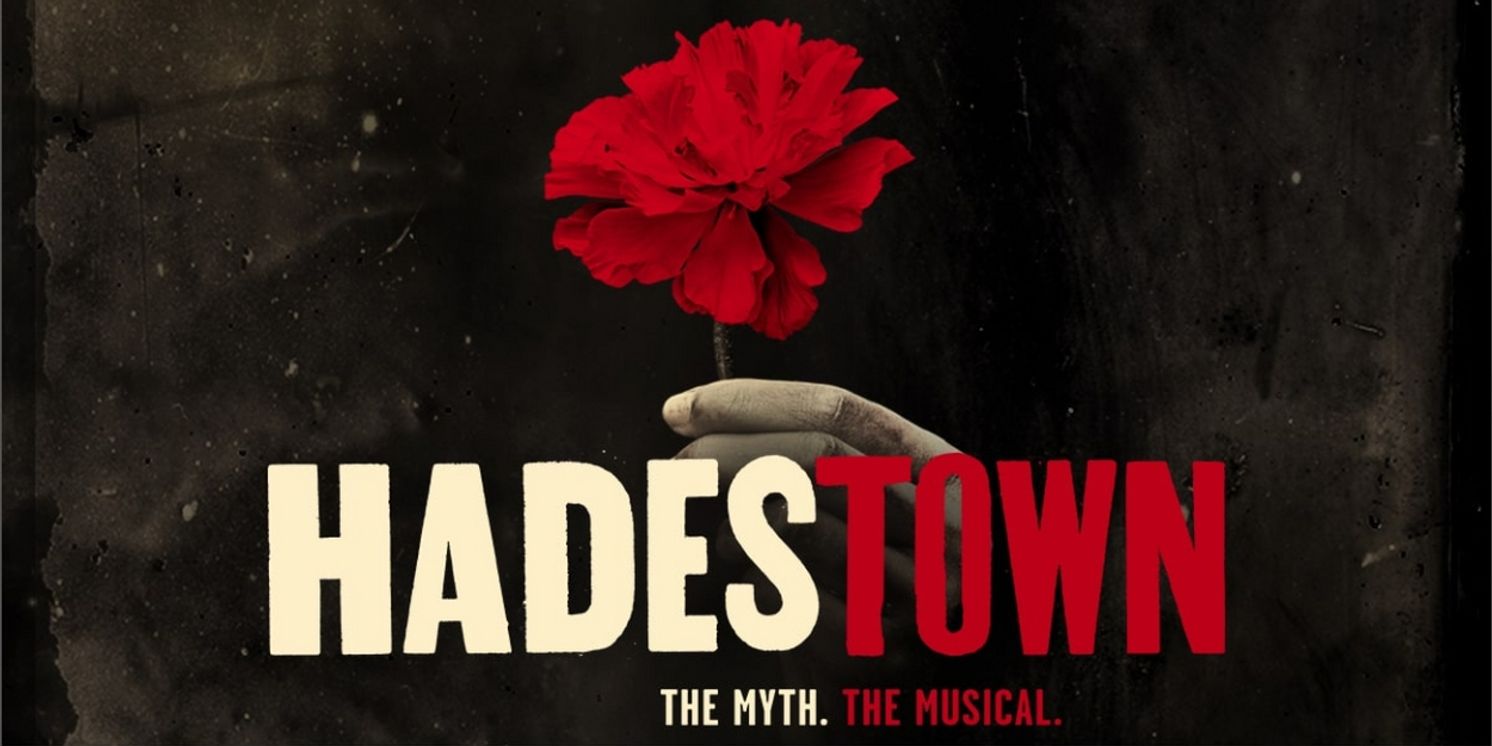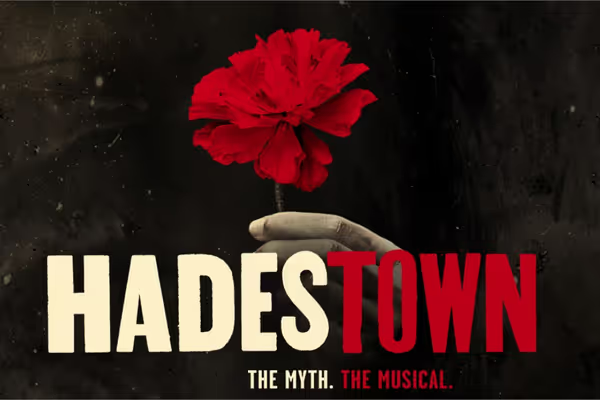Kim Moore's HADESTOWN Lawsuit Partially Dismissed on First Amendment Grounds
The actor's claims for retaliation will live on, but her claims of racial discrimination were dismissed.

In a decision sure to be quoted and cited in other cases (and possibly in creative team meetings), a judge for the United States District Court of the Southern District of New York dismissed Kim Moore’s racial discrimination claims against Hadestown’s producer not because Moore did not allege a plausible claim for discrimination, but because the actions of the Hadestown team were protected by the First Amendment. The Court did not dismiss Moore’s claims of retaliation, so the case will continue.
As a reminder, in June, Moore, a former member of Hadestown’s Workers Chorus, sued, alleging that she was let go because she was black and African American. The Complaint alleged that certain creative team members had made it clear that having an all-black Workers Chorus was unacceptable because, according to an email from choreographer David Neumann, cited in the Complaint, it conveyed a “white savior story.” The Complaint further alleged that Moore was let go after complaints about that email and other statements related to race. She was replaced by a white woman.
Hadestown (specifically the show's producing entity, which we're calling by the show name for short) moved to dismiss the Complaint, on three main grounds: Moore’s claims are barred by the First Amendment; Moore failed to state a claim; and Moore was required under the Collective Bargaining Agreement between Actors’ Equity and the Broadway League to seek arbitration. (To survive a motion to dismiss, a plaintiff must allege facts which, accepted as true, are enough to state a plausible claim. It’s not often about actual facts—it’s typically about a complaint and legal arguments. Other than in rare circumstances, a motion to dismiss is not the forum for a factual dispute.) The first ground worked, to an extent.
In a 60-page opinion, Judge Loretta Preska detailed her findings. As only select documents are allowed to be considered on a motion to dismiss, she went through why she was not considering all the documents that Hadestown had attached to its motion. One of the ones cut from consideration was the Collective Bargaining Agreement, thereby eliminating Defendant's arbitration argument. Other not-considered documents weakened Plaintiff's "failure to state a claim" argument (which was partially based on her contract expiration date).
The Court’s opinion went through all the elements required for Moore to establish both her claims for discrimination and retaliation. “The Amended Complaint contains enough plausible allegations for the Court to infer Hadestown was at least partially motivated by discrimination when it terminated Plaintiff,” Preska found. “Plaintiff’s allegation of an immediate replacement in the cast by an actress not in her protected class suffices to allege plausibly Defendant’s discriminatory intent. And also emails indicating they wanted to replace her with someone not in the protected class… Accordingly, Plaintiff has sufficiently pleaded the minimal factual support necessary at this stage to allege that Defendant was motivated by discriminatory intent when it terminated her on December 5, 2021.” Likewise, the Court found that Moore had sufficiently alleged her claim for retaliation at this phase.
But there was a hitch—the First Amendment. Hadestown’s motion to dismiss called Moore’s lawsuit “an unconstitutional vehicle to complain about the casting decisions made at Hadestown.” It argued the First Amendment was an affirmative defense to Hadestown's actions—basically, an affirmative defense is something that can negate liability, even if it’s established defendant committed the alleged acts. Often, affirmative defenses are for later in the game, but the Court considered this one at this stage. And Preska found Defendant’s reasoning persuasive.
The Court found that the desire to have a Workers Chorus that was not all-black was a desire rooted in the team’s creative expression, which the Court ruled was protected under the constitution.
The Court held: “The sequence of events Plaintiff describes in her Amended Complaint, with context supplied from Mr. Neumann’s emails, demonstrates that Defendant was making its casting decisions with an eye toward how the racial composition of the Musical’s cast affected the story Hadestown was telling on-stage. Defendant’s executives were aware that the arrangements of actors on stage expressed a message that departed both from the text of the Musical’s script and from what Defendant intended to express when it staged the Musical and thereafter sought to change those casting arrangements to change the unintended expression. This clearly implicates Defendant’s exercise of its creative expression and artistic decisions… The Court concludes that enforcing Plaintiff’s four claims for racial discrimination would abridge Defendant’s right to free speech that is guaranteed by the First Amendment.”
The Court made broad statements about casting, which seem to apply to casting decisions in general. “The decisions Hadestown makes about whom to cast for which roles—its employment decisions—are inherently expressive because they are tied to the story it intends to tell and its creative expression,” Preska stated. (Note this is the ruling of only one District Court, but it is still significant, especially given the dearth of law in this area.)
The Court found Hadestown’s actions were “with an eye toward ending this 'white savior story' narrative” and that enforcing Plaintiff’s discrimination claims would be “compelling a theater company to stage a performance in a manner that expresses a story the theater company does not wish to tell.”
However, the Court found that the First Amendment was not a defense to Plaintiff’s retaliation claims. In doing so, the Court found that the claims of retaliation were rooted in allegations that Moore was fired after complaining of racial discrimination. Retaliatory action is not, according to the Court, protected by the First Amendment. Therefore, Plaintiff’s four retaliation claims (each based on a different law) survive.
The Court scheduled a settlement conference for April 4, 2024. That does not mean the case will settle.







